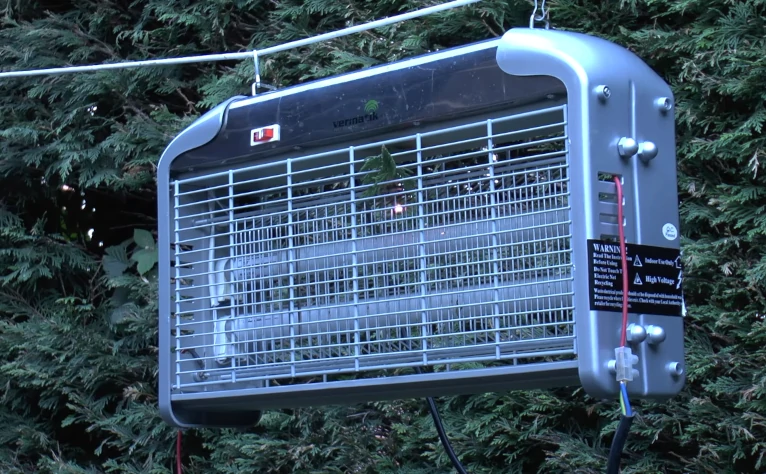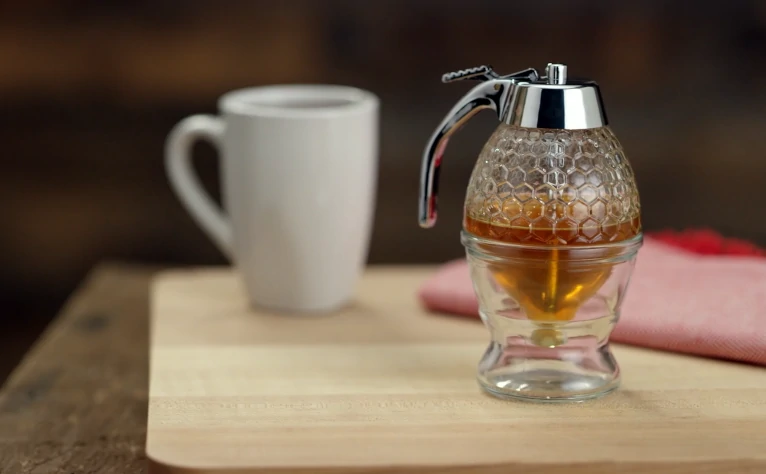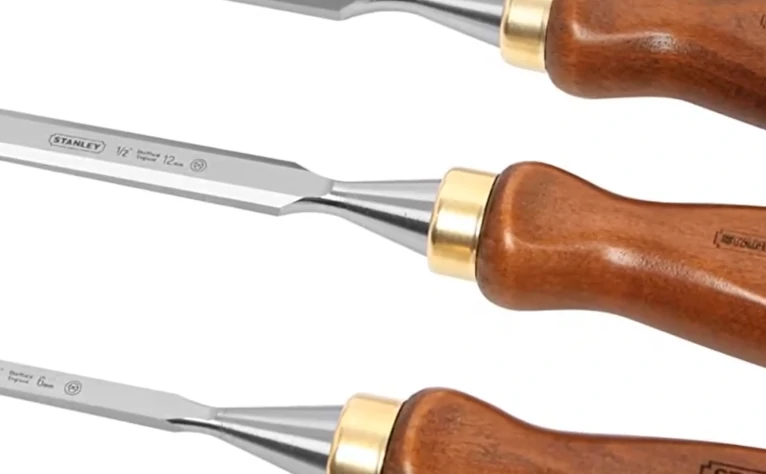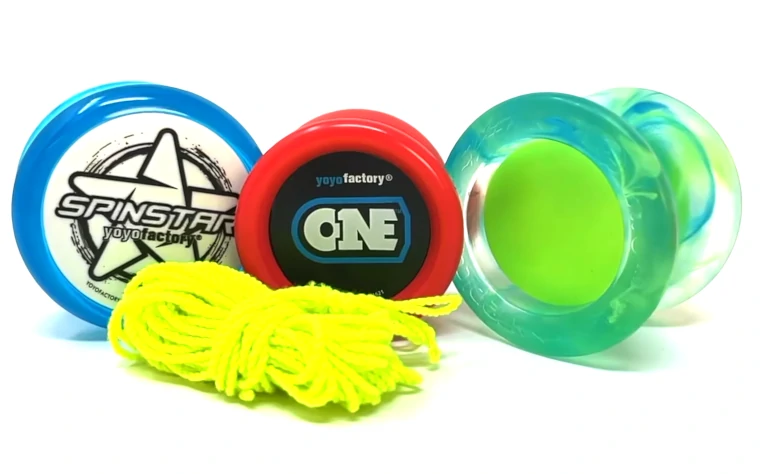Basics For Home Efficiency

An energy-efficient household can be accomplished by cutting down energy costs or consumption, which can also be achieved by minimizing the use of high-energy appliances. These high-energy appliances are those that utilize energy to the maximum level in order to operate such as the televisions powered by cathode ray tubes. Nowadays, there are appliances that are manufactured to be efficient by applying energy-savings strategies such as LCD or LED-powered appliances such as the new models of televisions that use LCD or LED technology. Another example is switching from incandescent light bulbs or fluorescent lights to LED-based light bulbs, which not only lighten up the whole house but also augment the insulation levels inside.
Most fluorescent bulbs contain harmful chemical such as mercury as part of their lighting composition. These bulbs are already deemed inefficient due to its content, its price range and its consumption of energy. Switching to LCD or LED lamps, there can be a higher-efficient lighting that uses only one-tenth of the energy and endure for over 40 times longer compared to fluorescent bulbs.
Furthermore, the application of electric or gas-powered water heaters contribute to the increase of energy consumption in the bill. Having a large bill means wastage of financial resources as years go by. With the power of technological advancements and continuous innovations, solar water heaters are invented in order to provide alternatives aside from the mainstream sources such as the electricity and gas. Solar water heaters are also introduced to help in the conservation of energy, and to be efficient inside homes. Utilizing the abundant solar energy can tremendously affect the electric bill, lowering down the financial expenses, and can assist in minimizing the use of electricity, which is the product of using coals and oil reserves. Most of the time, the electric bill is lowered by 40% to 80%, depending on how many of the appliances are switched to energy-saving appliances. Generally, an energy-efficient appliance is labeled with an Energy Star that indicates its capacity to use minimum energy in its operation.
In areas that are usually freezing, hot water is already a basic need, which means the heat source must always be present in order to have hot water. Incessant utilization of electric water heaters does not impart efficiency in the house, but owning a solar water heater that is powered by solar panels des definitely bestow a green lifestyle and an efficient household. Swapping to energy-saving appliances is not enough to be fully efficient inside the house. Every member of the family must partake effort in the conservation of energy such as switching off the lights when not in the room or when not in use. Turning off the air-conditioners and electric fans when the weather is cold is also a pleasant behavior for conserving.
Being energy-efficient is environmentally-friendly and heartwarming because it contributes to the well-being of the natural resources in this planet. When the household is using too much energy such as in heating water, it is time to change ways by installing solar water heaters. There are numerous models in the market that can cater to the solar need of the whole family. Solar manufacturers have also made sure that the solar panel is effective in capturing solar energy that can be used in heating water. Tanks are also tailored to have better insulation so that the heated water may not lose its heat that easily and rapidly. Solar manufacturers also offer installation and maintenance services for the solar water heaters; there are also DIY sources over the internet, but sometimes, a professional assistance is better.
Think over the possible outcome in having an efficient household—lowered electric bill, minimum usage of gas stove due to solar-based appliances such as the solar water heater, and greener approach in using the energy.





